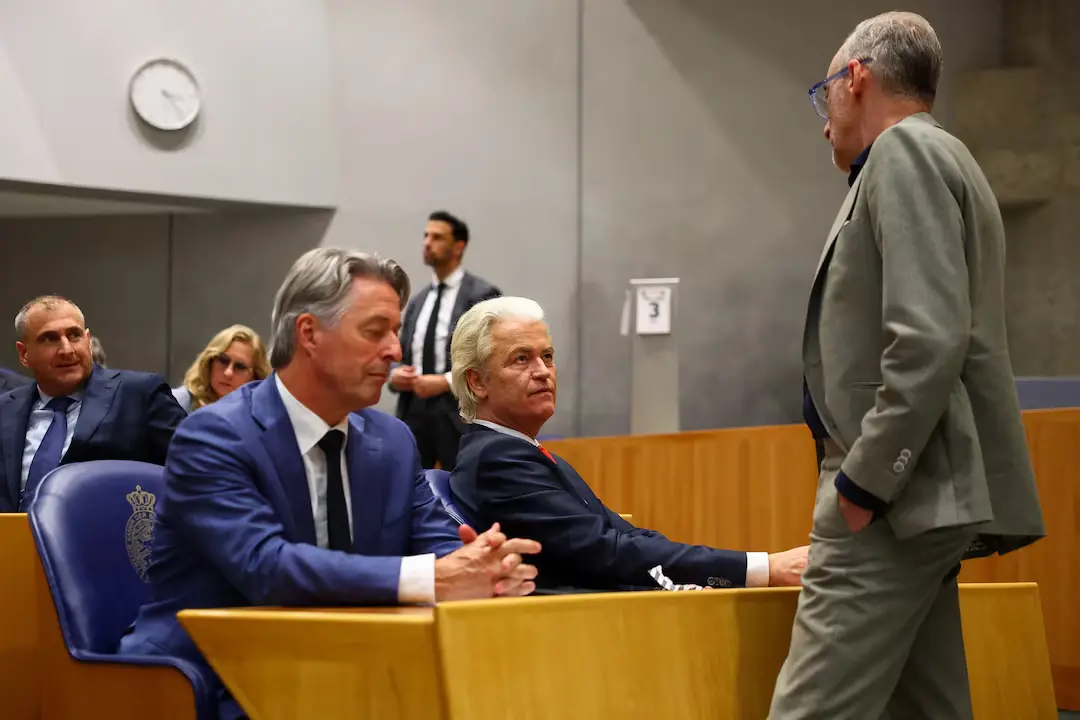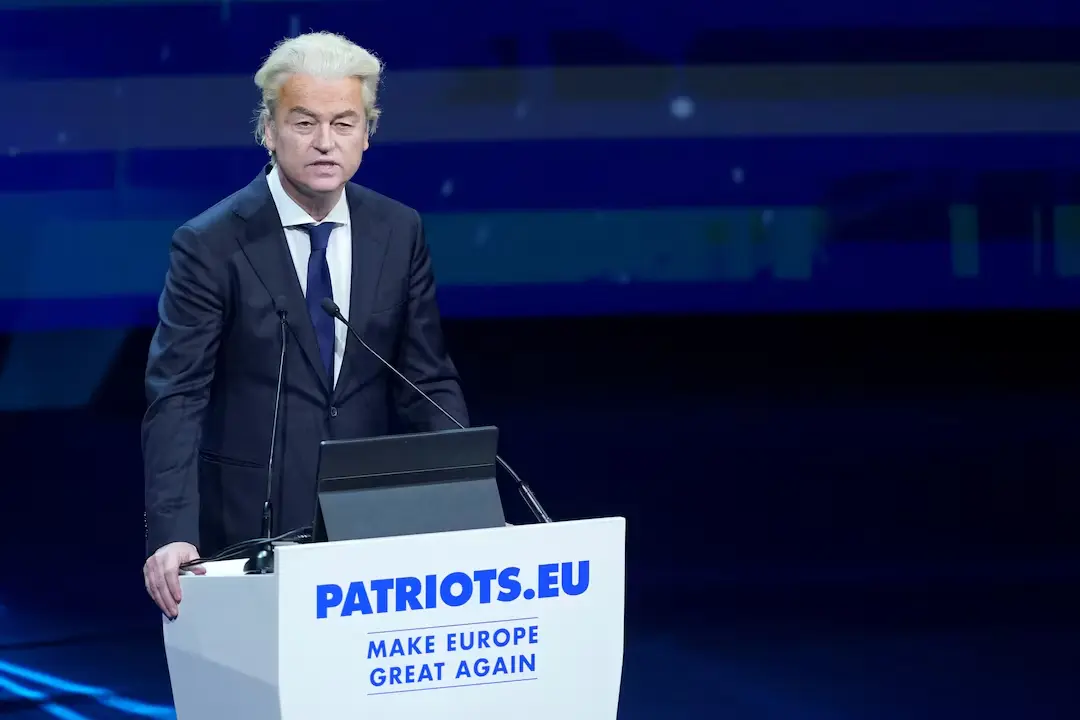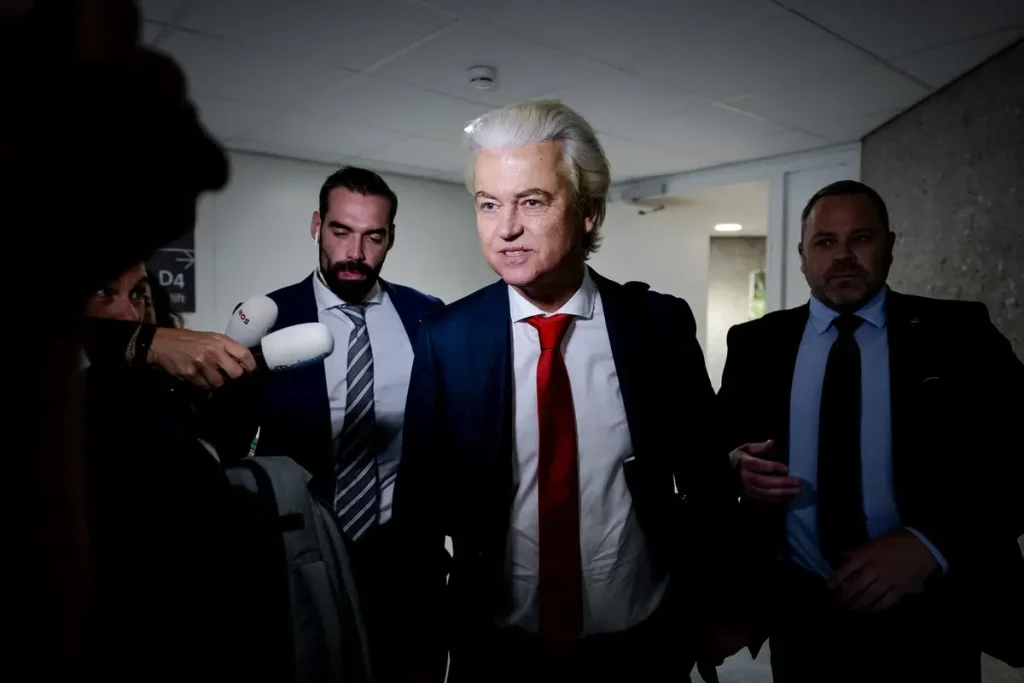The Netherlands has plunged into political chaos following the dramatic collapse of its coalition government, triggered by sharp divisions over immigration policy. The far-right Party for Freedom (PVV), led by controversial populist Geert Wilders, has officially pulled out of coalition talks, leaving the Dutch government without a working majority and the nation bracing for fresh elections.
Dutch Government Coalition in Crisis
The collapse follows months of tense negotiations aimed at forming a stable government after the 2023 general elections. Geert Wilders’ PVV, which emerged as the largest party in parliament, was at the center of a right-leaning coalition that included the liberal VVD and the center-right NSC. Despite initial progress, deep disagreements over asylum policy and the treatment of refugees proved too divisive to overcome.

The withdrawal of Wilders marks the end of coalition talks and throws the Dutch government into uncertainty. “We tried, but the differences are too big,” Wilders posted on social media, signaling his party’s exit. This move not only dissolves the potential government but also forces the Netherlands back to the political drawing board.
Who Is Geert Wilders?
Geert Wilders has long been a controversial figure in Dutch and European politics, known for his anti-immigration stance and hardline views on Islam. His PVV party surged to prominence by tapping into widespread dissatisfaction over migration and rising living costs. Wilders’ return to the center of power with his record election gains reignited debates across Europe about the influence of far-right politics.

Though once considered politically toxic, Wilders was invited to form a coalition due to his party’s dominant performance at the ballot box. His polarizing policies, however, proved too much for centrist and moderate-right parties, who struggled to align with his demands for drastically reducing refugee intake and tightening border controls.
So What Will Happen To the Dutch Government?
With no functioning coalition, the Netherlands now enters a period of political limbo. Analysts expect new elections to be called, though a caretaker government may operate in the interim. Dutch political observers warn that the stalemate could last for months, reminiscent of Belgium’s record-long period without a formal government.
Economists also express concern about the country’s ability to pass key reforms and address major issues like housing shortages and climate policy during this power vacuum.
Ripple Effect Across Europe?
The collapse of the Dutch government may send ripples through the rest of Europe. As migration and asylum continue to dominate headlines across the continent, other nations are watching closely. The Netherlands is just the latest EU country to grapple with the rise of right-wing populist movements reshaping traditional politics.
Geert Wilders’ ability to win elections but fail to form a government underscores a growing paradox: populist parties are powerful at the polls, but often struggle to govern in coalition-based systems. For now, Dutch voters are left wondering what’s next — and who can finally break the deadlock in The Hague.




